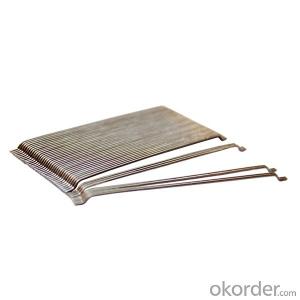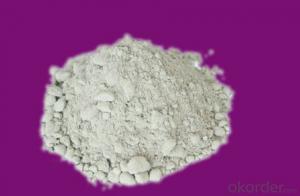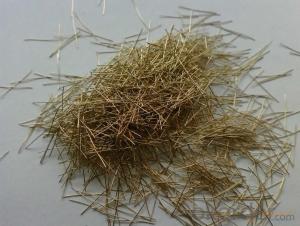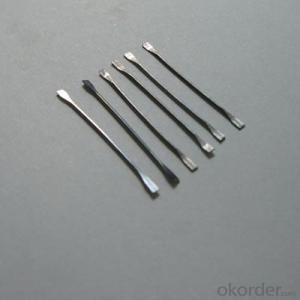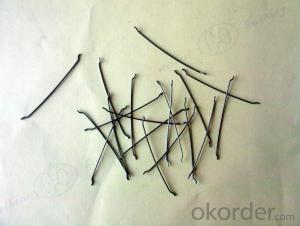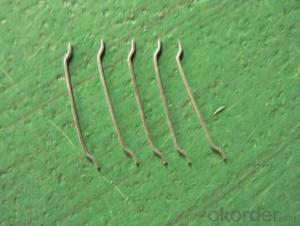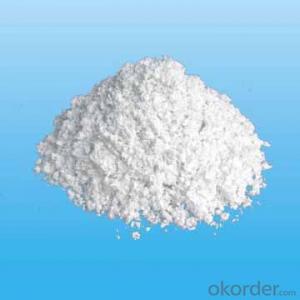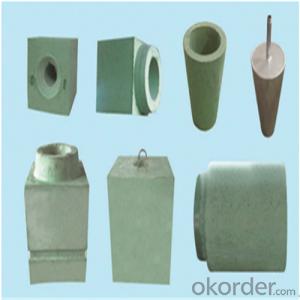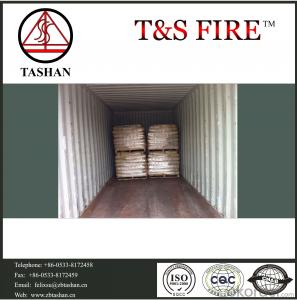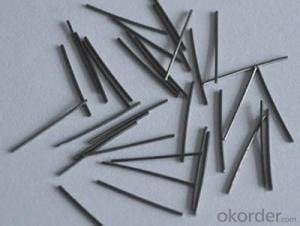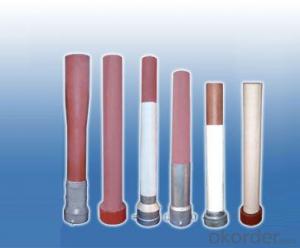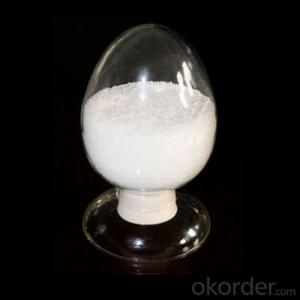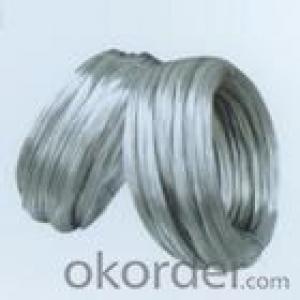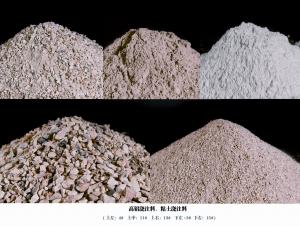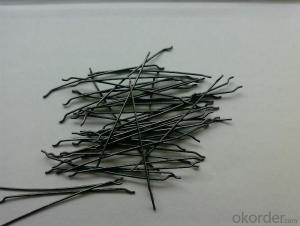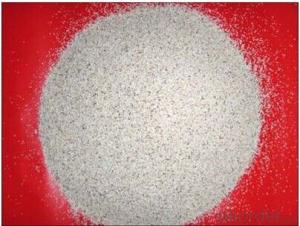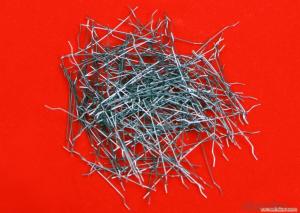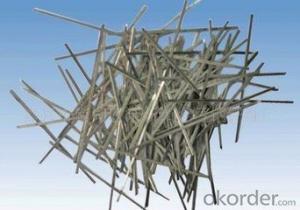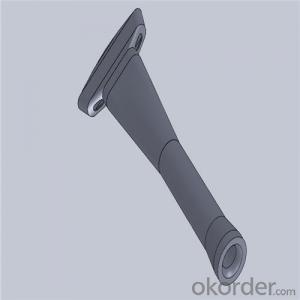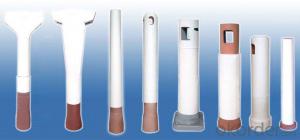All Categories
- - Steel Wire Rod
- - Steel Coils
- - Steel Profiles
- - Steel Pipes
- - Stainless Steel
- - Tinplate
- - Special Steel
- - Steel Sheets
- - Steel Rebars
- - Steel Strips
- - Hot Rolled Steel
- - Cold Rolled Steel
- - Pre-painted Steel
- - Seamless Steel Pipe
- - Welded Steel Pipe
- - Hollow Steel Tubes
- - Galvanized Pipe
- - Stainless Steel Coil
- - Stainless Steel Sheet
- - Stainless Steel Plate
- - Stainless Steel Strips
- - Electrolytic Tinplate Coil
- - Electrolytic Tinplate Sheet
- - Stainless Steel Rebars
- - Solar Panels
- - Solar Water Heater
- - Solar Related Products
- - Solar Inverter
- - Solar Cells
- - Solar Light
- - Solar Energy Systems
- - Solar Controllers
- - Solar Mounting System
- - Solar Pump
- - Solar Chargers
- - Fiberglass Chopped Strand
- - Fiberglass Mesh Cloth
- - Composite Pipes
- - FRP Pultrusion Profiles
- - Fiberglass Mat Tissue
- - Fiberglass Fabrics
- - Fiberglass Mesh
- - Composite Tank
- - Fiberglass Mesh tape
- - Polymer
- - FRP Roofing Panel
- - Fiberglass Roving
- - Monolithic Refractories
- - Ceramic Fiber Products
- - Refractory Bricks
- - Raw Materials For Refractory
- - Suspended Platform
- - Cranes
- - Concrete Machinery
- - Earthmoving Machinery
- - Building Hoist
- - Road Building Machinery
- - Plastic Pipe Fittings
- - Plastic Tubes
- - Plastic Sheets
- - Agricultural Plastic Products
- - Plastic Nets
Q & A
How do monolithic refractories perform in intermittent heating applications?
Monolithic refractories perform well in intermittent heating applications due to their ability to withstand rapid temperature changes without cracking or deteriorating. Their high thermal shock resistance and low thermal conductivity allow them to effectively handle the thermal cycling associated with intermittent heating, ensuring consistent performance and longevity.
How do monolithic refractories compare to brick refractories in terms of repairability?
Monolithic refractories are generally more repairable compared to brick refractories. This is because monolithic refractories are made of a single, continuous material, which allows for easier patching and repair work. On the other hand, brick refractories consist of individual bricks that are laid and bonded together, making repairs more challenging and time-consuming.
How are monolithic refractories used in the power generation industry?
Monolithic refractories are widely used in the power generation industry for their ability to withstand high temperatures and thermal shocks. They are commonly used to line the walls, floors, and roofs of boilers, furnaces, and chimneys. Monolithic refractories help to insulate and protect these structures from the extreme heat generated during power generation processes, ensuring their durability and efficiency.
Can monolithic refractories be used in corrosive environments?
No, monolithic refractories are generally not suitable for use in corrosive environments. They are designed to withstand high temperatures and thermal shocks, but they are not resistant to chemical attack from corrosive substances. In such environments, specialized corrosion-resistant refractories or protective coatings should be used.
How do monolithic refractories compare to brick refractories?
Monolithic refractories differ from brick refractories in terms of their composition and installation method. Monolithic refractories are made from a single, homogeneous material and are installed as a castable or a gunning mix, providing faster and easier installation. On the other hand, brick refractories are made from individual bricks that are arranged and joined together during installation, requiring more time and effort. While brick refractories offer superior thermal conductivity and mechanical strength, monolithic refractories provide better resistance against thermal shock and erosion. Ultimately, the choice between monolithic and brick refractories depends on specific application requirements and considerations.
Wholesale Monolithic Refractories from supplier in Benin
We are a Monolithic Refractories supplier serving the Benin, mainly engaged in the sale, quotation, and technical support services of various Monolithic Refractories products in the Benin region. We are a subsidiary platform of the Fortune Global 500 company CNBM, able to provide you with one-stop Monolithic Refractories procurement services in the Benin. Not only do we have a wide range of Monolithic Refractories products, but after years of market development in the Benin, we can also provide valuable experience for your projects.
Hot Search
- Monolithic Refractories in Kyrgyzstan
- Ceramic Fiber Products in Portugal
- Refractory Bricks in Rwanda
- Raw Materials For Refractory in Germany
- Monolithic Refractories in Slovenia
- Refractory Bricks in Mauritius
- Ceramic Fiber Products in Belgium
- Monolithic Refractories in Bulgaria
- Refractory Bricks in Togo
- Monolithic Refractories in Haiti
